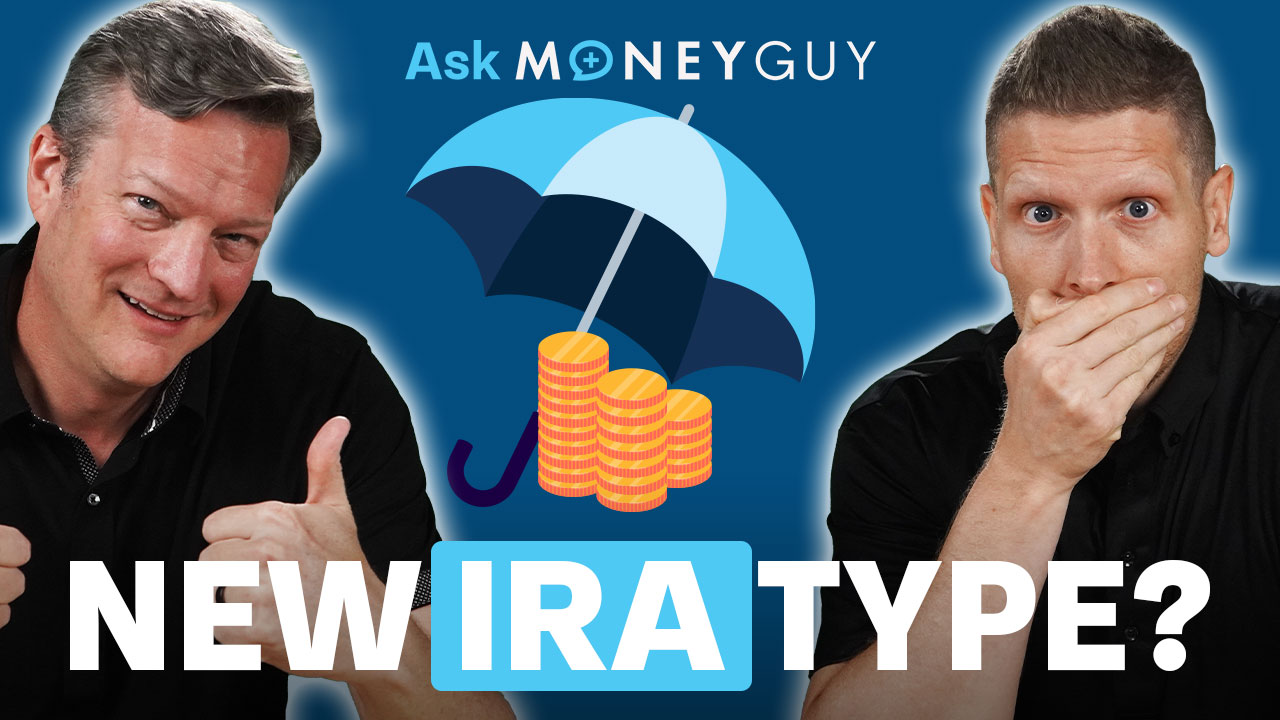
There is no shortage of financial influencers today, whether on YouTube, in the blog space, those podcasting, or on other forms of social media. Unfortunately, not all influencers are a force for good, and it can be difficult to tell who to listen to in this crowded landscape. There are several characteristics most positive influencers share that can help you determine who you should (or shouldn’t) pay attention to.
1. They put their audience first.
Many influencers are only in the game to sell products or increase their own net worth. Some, on the other hand, prioritize the needs of their audience first and care about making money second. Normally those who put others first are more successful; genuineness and a passion for helping others are increasingly rare qualities, but those who possess them normally are among the best influencers, and the ones most worth listening to. If financial influencers you pay attention to seem more interested in making money from you than helping you grow or entertaining you, you may want to look elsewhere.
2. Sponsorships and paid product placements are kept to a minimum.
Some influencers are more interested in selling themselves than they are selling to their audience. It’s no secret that personalities can make extra money by taking on sponsors, and most sponsorships are harmless, but if an influencer will put their name on anything, it’s hard to trust them. Those who care more about money than their audiences will likely have no qualms about accepting any sponsorship opportunity that comes their way. Watch out for influencers that always seem to be selling something; it’s very difficult to tell where the sales pitch ends and the quality content begins, and in some cases there may be nothing but a sales pitch.
3. They have a long track record of trustworthiness.
Some voices in the financial world might seem helpful and like they have your best interests at heart, but it can be difficult to trust anyone without a long track record. Initially, influencers are trying to gain an audience, and the best way to do that is to seem like a trustworthy and reliable voice in a world of misinformation. Unfortunately, not all influencers stay on this path after becoming successful, and many completely change after achieving success. Most good financial influencers have a long history of helping others and doing the right thing; if they haven’t been around for a while it doesn’t mean they should be ignored, but you should approach with caution.
4. They live what they teach.
If influencers you listen to aren’t following their own advice, why would you? Yet time and time again, we see voices in the financial media say one thing but do another. Dave Ramsey is a great example of someone who walks the walk and talks the talk. It would be easy for Dave to not follow his own advice regarding debt, but he lives what he teaches. Not all influencers are like Dave Ramsey, unfortunately. Many financial influencers might say one thing and do the complete opposite. Even if the advice is solid, it’s hard to follow someone who says one thing but lives their life in a completely different way.
In our latest show, we talk about one of the financial influencers we think falls more on the positive side. Graham Stephan doesn’t seem like the typical positive financial influencer – he likes flashy cars and inappropriate slogans – but we found that he has some really great traits and seems to practice what he teaches. For more on the Money Guy’s take on Graham Stephan, watch our latest show, “Financial Advisors React to Graham Stephan’s Investing Strategy,” on YouTube below.













